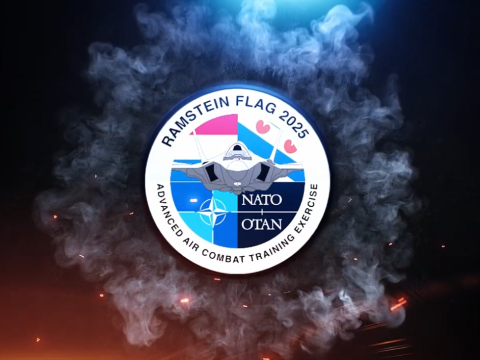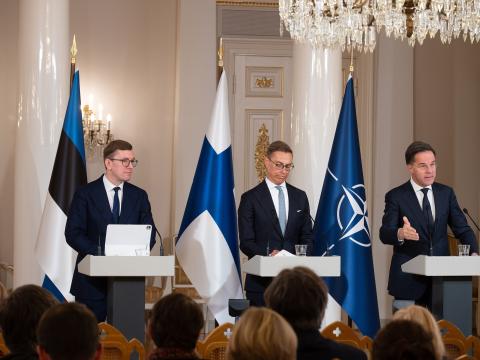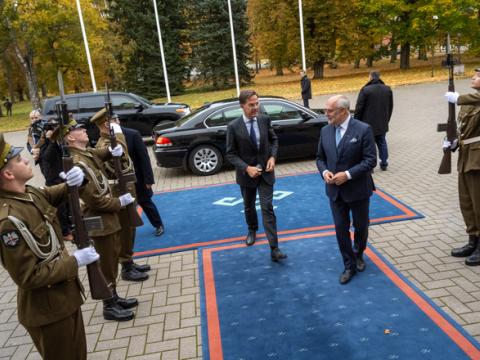NATO Leader Outlines Coalition Commanders' Needs
One of only two non-U.S. military leaders of NATO Supreme Allied Commander Transformation, Gen. Stephane Abrail, French Air Force, launched the second day of the Joint Warfighting Conference by calling it the most important conference of its kind.
One of only two non-U.S. military leaders of NATO Supreme Allied Commander Transformation, Gen. Stephane Abrail, French Air Force, launched the second day of the Joint Warfighting Conference by calling it the most important conference of its kind. First and foremost, coalition commanders in the future will need balance to prepare for the operations of tomorrow. Although the militaries must not neglect Gen. Stanley McCrystal's needs as a leader of the fight in Afghanistan today, they also must plan for the needs of mission leaders of 2015 and 2025. "The five-year horizon is a tricky one. No one is afraid to predict five years from now; but predicting out years ahead is easier because by the time we find out we were wrong, all we face is some teasing in a nursing home," Gen. Abrail pointed out. The general described six conditions coalition commanders will need in 2015. While countries agree that future fighting will involve partnerships, the coalitions cannot just be improvised. From time to time, coalitions must avoid "pick-up games" that force ad hoc coalitions. Instead, at least NATO countries should share common practices and standards before needing to fight together. Among the six conditions future coalition commanders will need is political support. Although it takes longer for several national leaders to agree, once their forces understand what they are fighting for, they will be more committed to the fight. The second condition that must be established today for future coalition commanders is trust. Usually trust problems are a result of political pressure, but countries must move toward a culture where these clashes are increasingly rare. To avoid this means more information sharing. JFCOM is a prime example of this activity, Gen. Abrial said, as it has moved from a culture of need to know, to a culture of need to share. But one of the most important advancements is the Afghan National Network. For the first time, networks from all nations will be able to share information on the network. Gen. Abrail also emphasized that coalitions will consist of many agencies, not just military. Serious conflicts cannot be resolved by militaries alone, he said, because adversaries use a mixed mode of operation and the coalition response must include the full range of tactics. This is especially true in fighting insurgents, he added Admitting that he is not the first to point this issue out, the general insisted that interoperability must be built into communications technologies or else countries end up spending twice as much. While he has seen improvement in this area, they have come a long way-but not far enough. "There is a need for common standards and this has not occurred between U.S. and its allies. In five years, I want my successor to be able to say that this problem has been solved. Interoperability must be in the DNA of every program," Gen. Abrail stated. NATO must clarify its position, the general said, revealing that the organization has new strategic concept that will come out in November. Gen. Abrail also admitted that NATO must be more interactive with its partners by improving interoperability and giving them access to its training. The NATO commander in 2015 will have command that is clear, leaner than today's commander, he added.




Comments